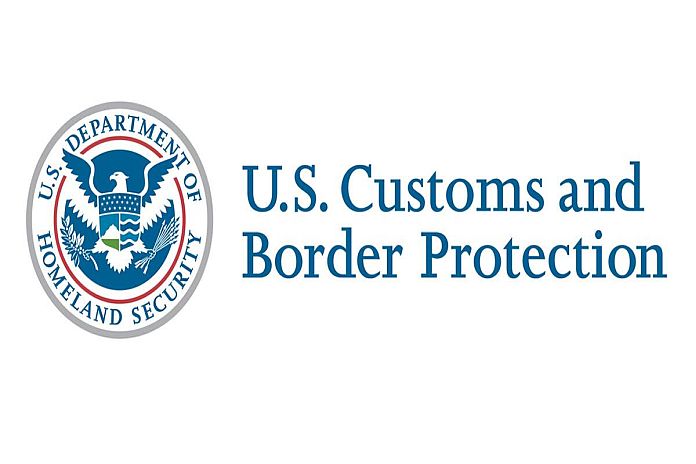WASHINGTON, USA – From social distancing to antigen to PPE, the pandemic has changed our everyday vocabulary. Add to the list another new household term: global supply chain.
Whether it’s gloves stitched in Malaysia or tomatoes grown in Mexico, each year trillions of dollars of consumer products rely on the global supply chain – the worldwide system through which businesses produce and distribute goods and services – and which comprises hundreds of millions of workers who continue to be affected by the pandemic. But this global supply chain, along with the multitude of problems that may beset it and the human beings who make it up, existed long before COVID-19 emerged. And for some Americans, it represents not only a household term, but also the subject of a life’s work.
Since 2020, International Trade Analyst George Castro has worked in the CBP Office of Trade’s Forced Labor Division, where he investigates allegations of the use of forced labor in the production of commodities imported into the US If a product has been touched by forced labor anywhere in the course of its life – anywhere along the global supply chain – Castro’s job is to find out and prohibit it from entering the US market. He works to level the playing field for domestic industries injured by such unfairly traded imports and, ultimately, to help end the forced labor of potentially trafficked individuals worldwide. “The goal is to combat forced labor, to ensure that [trafficked] people’s human rights are not violated to produce commodities exported to the United States,” said Castro.
Castro’s humanitarianism took root at age 11 as a Boy Scout in his hometown of Praia Grande, a small coastal city in the state of São Paulo, Brazil. Through scouting, he met an American scoutmaster and his family from California. “In the next years, while traveling internationally in connection with charitable projects, including visiting indigenous communities in the Amazon, this family helped plant in me the desire to study abroad and serve others whenever possible,” Castro said.
In 1990, Castro moved to California to attend college, graduating with a degree in international business. During his undergraduate years, he participated in several humanitarian efforts, including building houses in communities, and assisting in the delivery of food and clothing supplies to orphanages in both California and Mexico. After graduation, he returned to Brazil to work in the international division of an American corporation. “This enabled me to continue learning about the world through the eyes of a business analyst,” he said.
Castro went on to earn a law degree while in Brazil and, in 2004, came back to the US to join an immigration law firm as a clerk. “US immigration reform was a recurrent topic, with positive and negative views on immigration dictating the political approaches toward foreign nationals,” Castro said.
Castro’s firm actively offered pro bono services under the Violence Against Women Act to aid foreign women and children who were victims of domestic violence and, in some cases, also victims of human trafficking. He listened to his clients’ stories, interpreted them for US Citizen and Immigration Services (USCIS) officers, and accompanied clients to immigration court.
During this time Castro learned to appreciate the work of USCIS professionals and joined them in 2016, eventually becoming an immigration services officer responsible for interviewing applicants for residence in the US.or for citizenship. His final role for USCIS before joining CBP in 2020 was as an immigration officer with the Fraud Detection and National Security Directorate, investigating fraud and violations within the US immigration system.
In his current role in the CBP Office of Trade, Castro hopes that the scope of his work will help broadcast its humanitarian spirit. When the US investigates all allegations of forced labor within the global supply chain and acts on those found to be true – by sending back or seizing goods or remediating the issue in other ways – it sends the message that the problem of human trafficking goes far beyond our borders and that eliminating it must be a global effort. At the heart of the complex global supply chain is the challenging task of determining whether products are being created with the forced labor of potentially trafficked individuals, said Castro.
“By ensuring that we do not consume products from forced labor, many other countries will look at us as an example and, hopefully, in the near future, they’re going to be adopting similar legislation,” said Castro. “CBP is making a difference. We’re a model to many countries who agree that forced labor should not be allowed.”
Castro adheres to the lead-by-example model both at work and at home. With his teenage son, he remains involved with the scouts, his fight against forced labor continuously fueling his desire to protect all children from harm.





